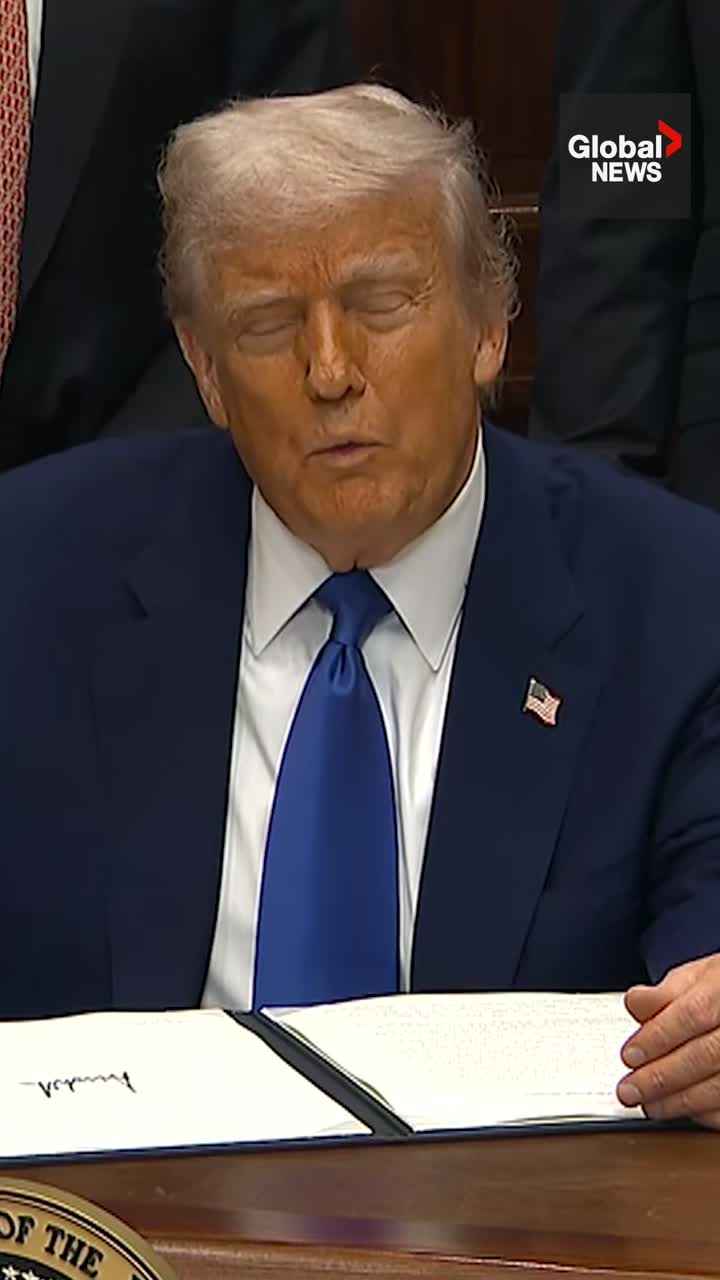
Introduction
The relationship between the United States and Qatar has been a point of interest, especially during the controversial presidency of Donald Trump. As geopolitical dynamics shift and the Middle East continues to be a focal point for international diplomacy, understanding Trump’s stance and actions towards Qatar is essential. With Qatar playing a significant role in finance and politics in the region, its ties with the U.S. have implications that resonate beyond its borders.
Trump’s Qatar Policies
During his presidency, Donald Trump took notable steps to solidify the U.S.-Qatar relations, particularly in the areas of defense and energy. In June 2017, when diplomatic tensions rose in the Middle East, Trump seemed to support Saudi Arabia’s blockade of Qatar, citing its alleged support for terrorism. However, this stance quickly evolved as he later emphasized the importance of a strong alliance with the Gulf state.
Qatar hosts the largest U.S. military base in the Middle East, Al Udeid Air Base, which has been crucial for U.S. operations in the region. Trump’s administration recognized Qatar as a vital ally, especially in countering Iranian influence and supporting regional stability. In a notable visit to Qatar in 2018, Trump participated in signing a memorandum of understanding, which included a deal involving arms sales worth $12 billion.
Recent Developments
As of late 2023, Qatar continues to play a pivotal role in international diplomacy, including being a mediator in the current Israel-Hamas conflict. Former President Trump’s comments about Qatar and the Middle East are being analyzed for their impact on future U.S. foreign policy, especially as various factions within his party express divergent views on engaging with Arab nations.
In recent months, Trump has reiterated his support for strong relations with Qatar, particularly regarding its significant investments in the U.S. economy. This has included discussions on energy investments as Qatar plans to increase its liquefied natural gas exports, aligning with Trump’s push for energy independence.
Conclusion
The evolving relationship between Donald Trump and Qatar is a reflection of broader geopolitical trends that affect not just the Middle East, but the global landscape as well. As Qatar continues to assert itself as a key player in international diplomacy, the insights into Trump’s approach may hold significance for future administrations grappling with the challenges of the region. Understanding these ties could provide valuable context in American foreign policy discussions going forward, especially as Qatar aims to strengthen its global partnerships while navigating complex regional dynamics.






